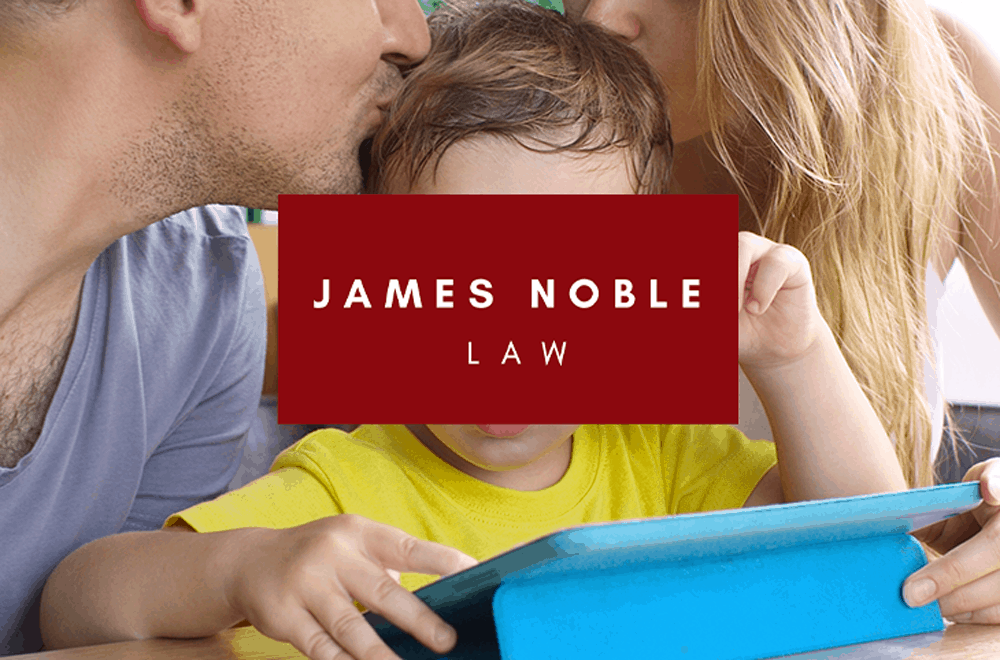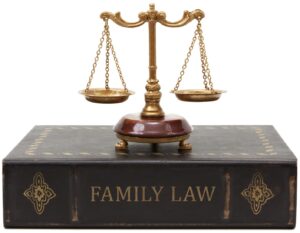Understanding Shared Parental Responsibility
 Shared parental responsibility is governed by the Family Law Act, which determines where children should live and how much time they should spend with each parent or other significant adults in their lives. This law, implemented in 2006, emphasises the need for both parents to consult and agree on major decisions affecting their children.
Shared parental responsibility is governed by the Family Law Act, which determines where children should live and how much time they should spend with each parent or other significant adults in their lives. This law, implemented in 2006, emphasises the need for both parents to consult and agree on major decisions affecting their children.
Key Principles of the Legislation
The legislation in Queensland outlines that:
- Parenting is a Shared Responsibility: The law generally requires parents to collaborate on major issues affecting their children.
- Time Spent with Both Parents: If practical and in the child’s best interests, children should spend equal or substantial time with both parents.
Legislative Changes Promoting Shared Parenting
Changes in Queensland’s legislation were introduced to support shared parenting and encourage parents to reach agreements regarding their children’s care post-separation. The focus is on parents resolving disputes themselves rather than engaging in adversarial legal battles.
Family Relationship Centres in Brisbane offer mediation services to help parents resolve parenting issues. Before filing a case in the Family Court, parties are generally required to attend mediation unless urgent matters or serious welfare concerns necessitate immediate court intervention. Mediation services, such as those offered by Relationships Australia QLD, require a fee, and a section 60 I certificate, which documents the mediation efforts, must be filed with the court when proceedings are initiated.
Provisions of the Family Law Act

Under Section 60B of the Family Law Act, the best interests of children are prioritised by:
- Ensuring meaningful involvement from both parents, as long as it aligns with the child’s best interests.
- Protecting children from harm, including exposure to abuse, neglect, or family violence.
- Providing proper parenting to help children reach their full potential.
- Ensuring parents fulfill their duties and responsibilities concerning their children’s care, welfare, and development.
Section 60B(2) also emphasises that, unless contrary to the child’s best interests, children have the right to:
- Know and be cared for by both parents.
- Spend regular time and communicate with both parents and other significant individuals, like grandparents.
- Enjoy their cultural heritage, with specific provisions for Aboriginal and Torres Strait Islander children.
Parenting Orders and Responsibilities
Section 64B(2) of the Family Law Act outlines the specific parenting orders the court can issue, which may include decisions on:
- The child’s living arrangements.
- Time spent with each parent or other significant individuals.
- Allocation of parental responsibility for long-term issues like the child’s name, health, education, and cultural upbringing.
Parents must consult each other on major long-term issues, but day-to-day decisions typically don’t require consultation unless they affect the other parent’s time with the child.
Equal Time and Significant Time Considerations

When shared parental responsibility is granted, the court must assess whether time with both parents serves the child’s best interests and is practical.
Family Court Trials
In Family Court trials, especially those concerning children’s issues, the court considers:
- The child’s expressed views and maturity level.
- The child’s relationship with each parent and other significant individuals, like grandparents.
- Each parent’s willingness to support the child’s relationship with the other parent.
- The potential impact on the child of separation from a parent or other significant person.
- The practicality of the child maintaining regular contact with both parents.
- Any history of family violence or existing family violence orders.
The court also evaluates a parent’s past involvement and interest in the child’s upbringing.
Involvement of Other Significant Persons
Queensland’s legislation also recognises the rights of other significant persons, such as grandparents, in a child’s life. While these interests are secondary to parental rights, the court can consider their involvement in the child’s upbringing.
For personalised advice on shared parental responsibility, contact James Noble Law for a free 20-minute consultation with experienced family lawyers in Brisbane.
To discuss your situation and the options that are available to you, contact the team at James Noble Law today for expert advice from experienced Brisbane solicitors for a FREE 20-minute consultation.
We have Qualified and Experienced Family Lawyers Brisbane at James Noble Law.

 Find Brisbane family lawyers on Google Maps near you now.
Find Brisbane family lawyers on Google Maps near you now.
You may like to know more information about the







